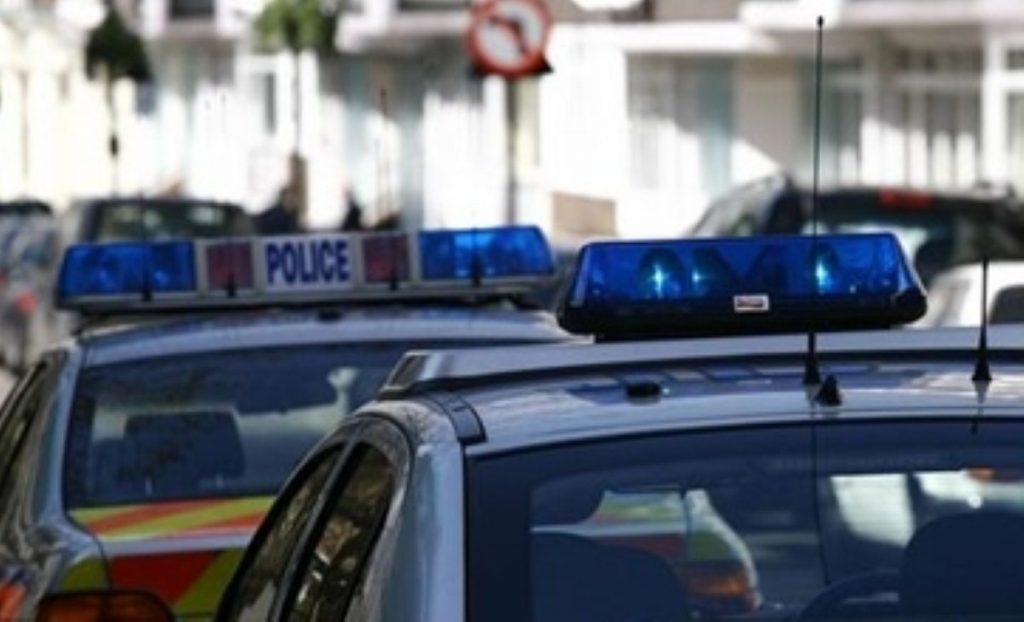Police elections: The far-right threat
The Home Office decision to skimp on the police and crime commissioner elections is prompting another bout of handwringing, this time from the Electoral Reform Society (ERS) over the threat from extremist parties.
The government faces accusations of conducting the PCC elections on the cheap. Instead of a mailout with information about each candidate, as usually takes place at national elections, a website is being provided. This cuts the total cost of the elections by about a quarter to £75 million, the ERS says, but won't be much use to the seven million voters without access to the internet. They can order a hard copy from a helpline, but this won't be up and running until 23 days before polling day.
At the weekend the ERS warned that these measures, combined with the fact the elections are in miserable rainy November, are going to significantly hit turnout. It reckons this could be as low as 18.5% – a shocking percentage which could open the door to parties like the BNP which have traditionally benefited from limited voter numbers. Here's Katie Ghose, chief executive of the ERS:
Those pulling the strings have not done their homework and as a result this election looks primed to degenerate into a complete shambles. Put simply, if the people elected to localise decision-making over how our streets are policed, do not represent local people, what is the point of having them?
Last week it was announced that PCCs would be required to pledge an oath to represent "all sections of the public without fear or favour". But it may be that an aspect of the PCC elections which undermines this principle might limit the far-right danger: namely, the main political parties' grip on the votes. Independent candidates have been complaining (unsuccessfully, of course) about the high spending limits per candidate – up to and over £300,000 in some police authority areas, and that's only for the five-week regulated period. What could have been non-partisan contests are being dominated by candidates backed by the parties, making it much harder for experienced independents – retired police officers, for example – who could do the job very well.
If they end up having to use their resources to combat far-right candidates, rather than well-qualified independents, these elections will have gone very badly wrong indeed.



